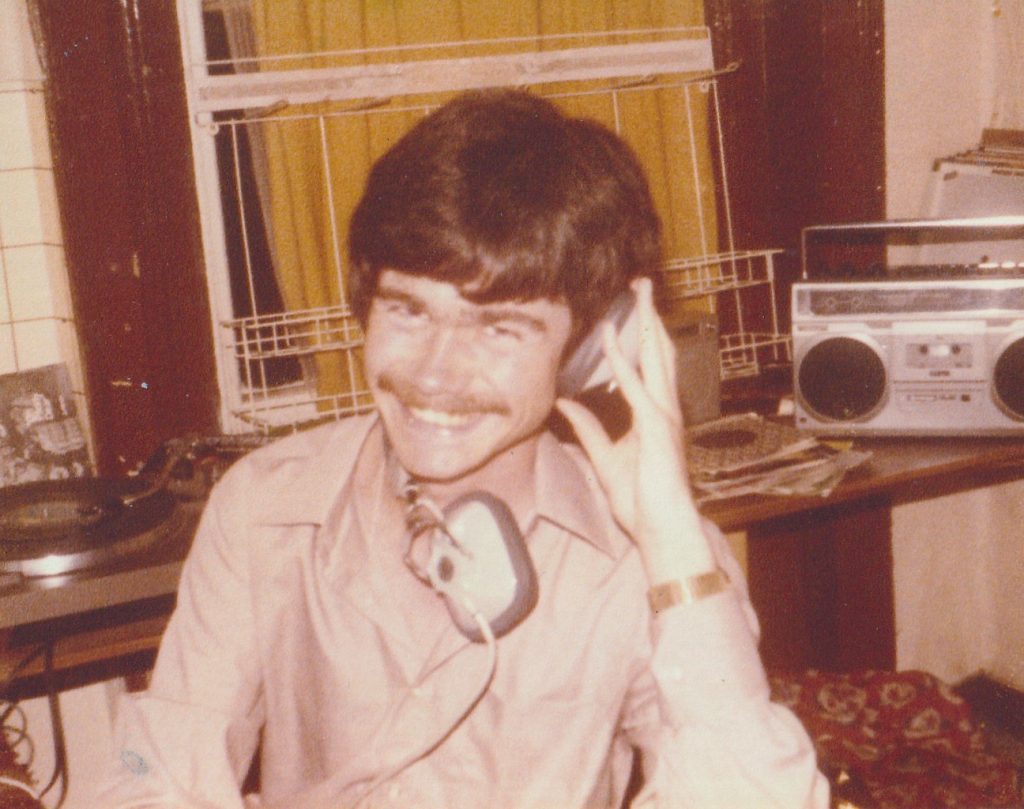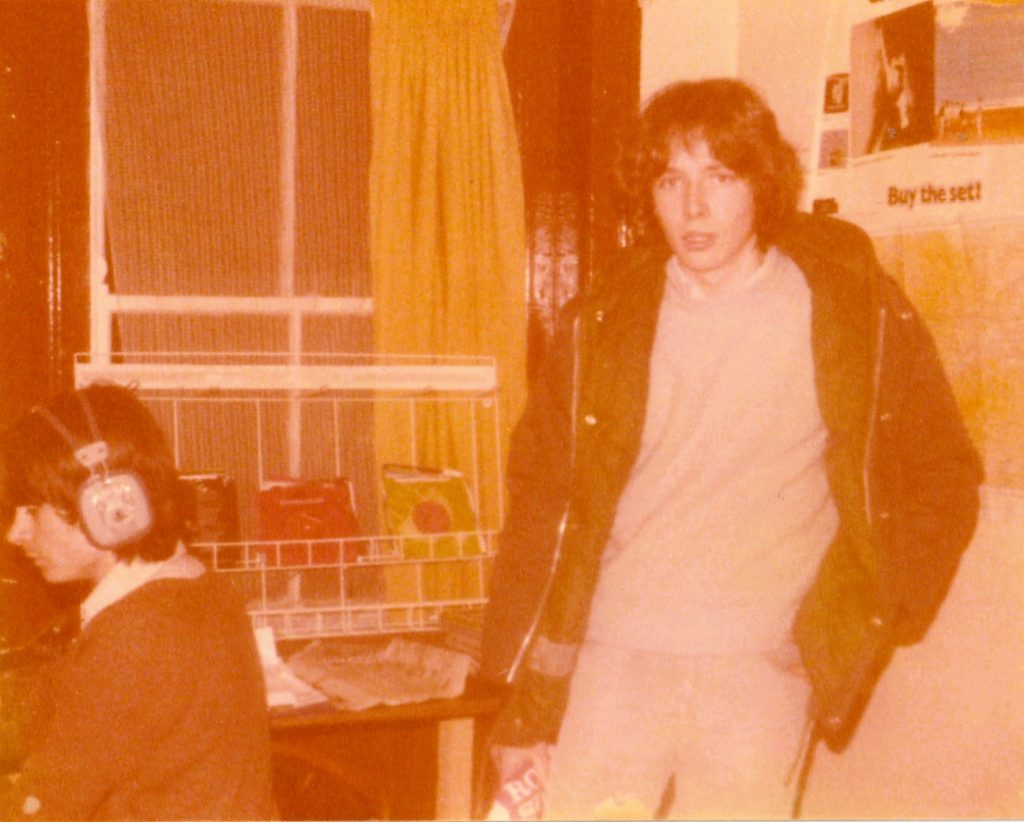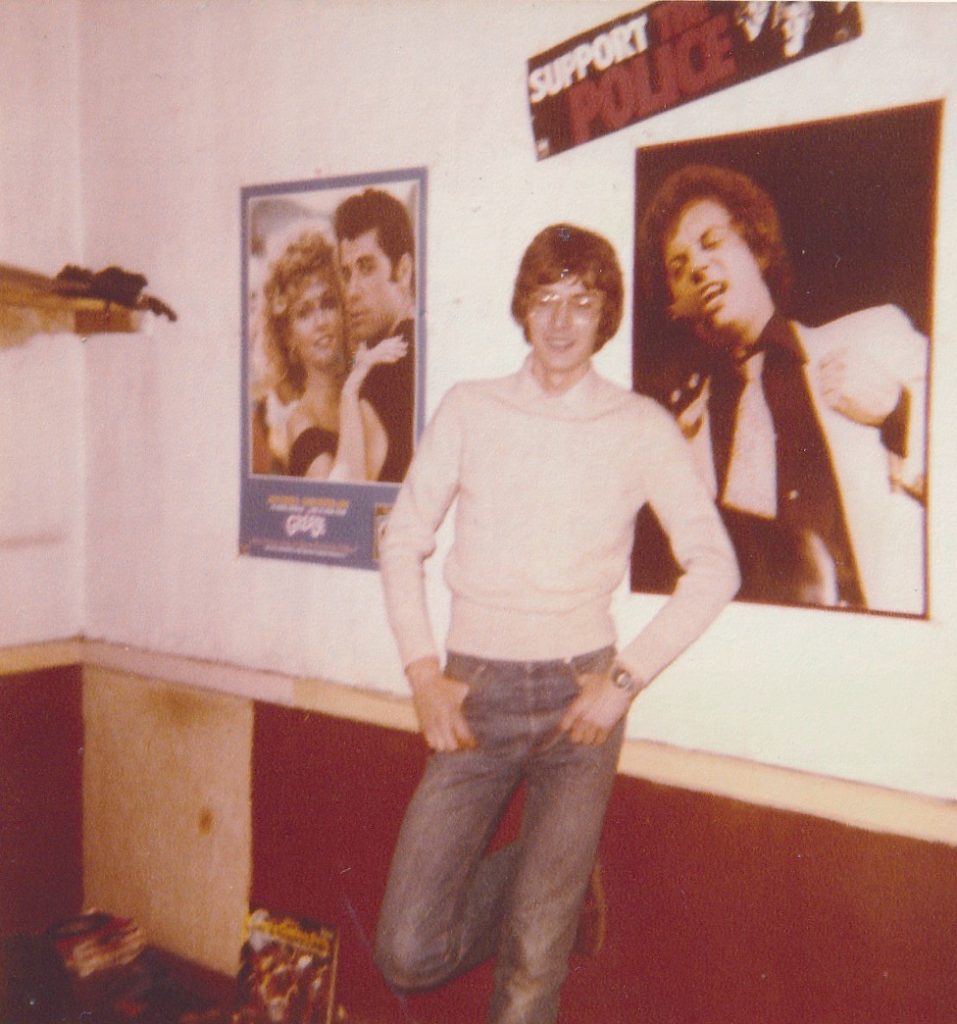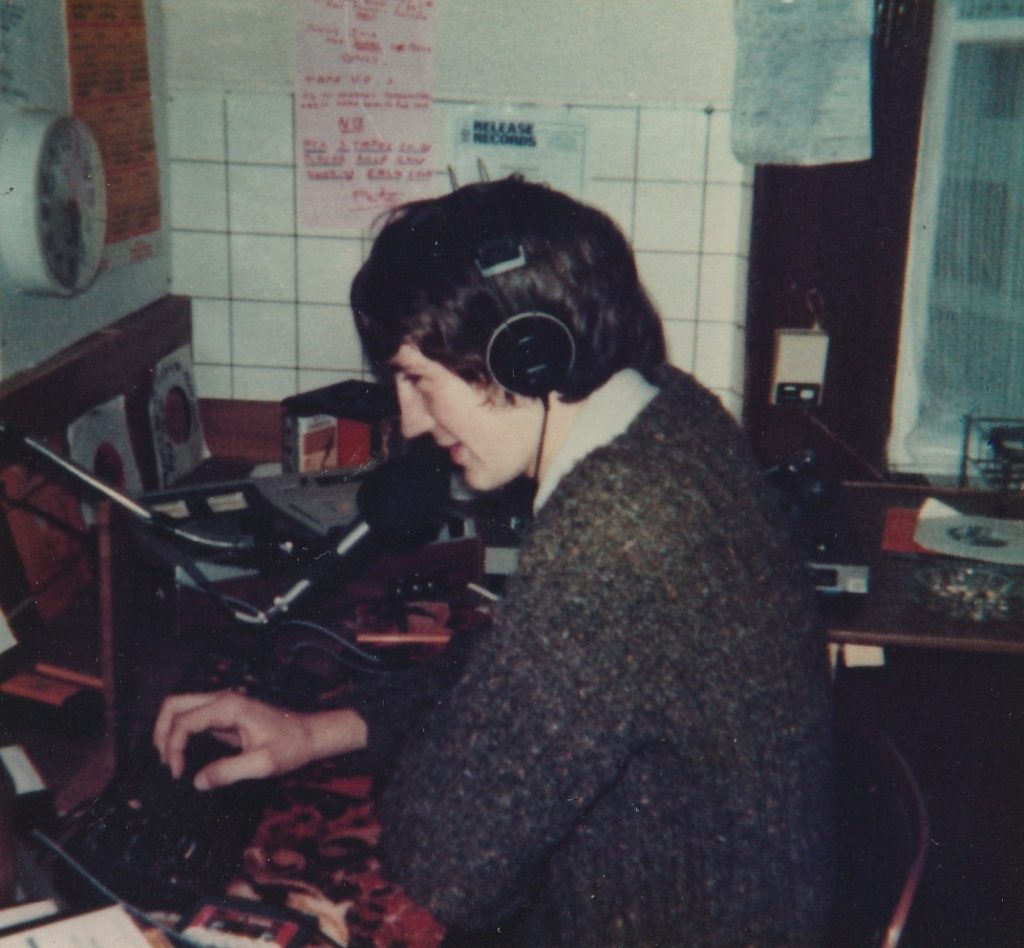Podcast: Play in new window | Download
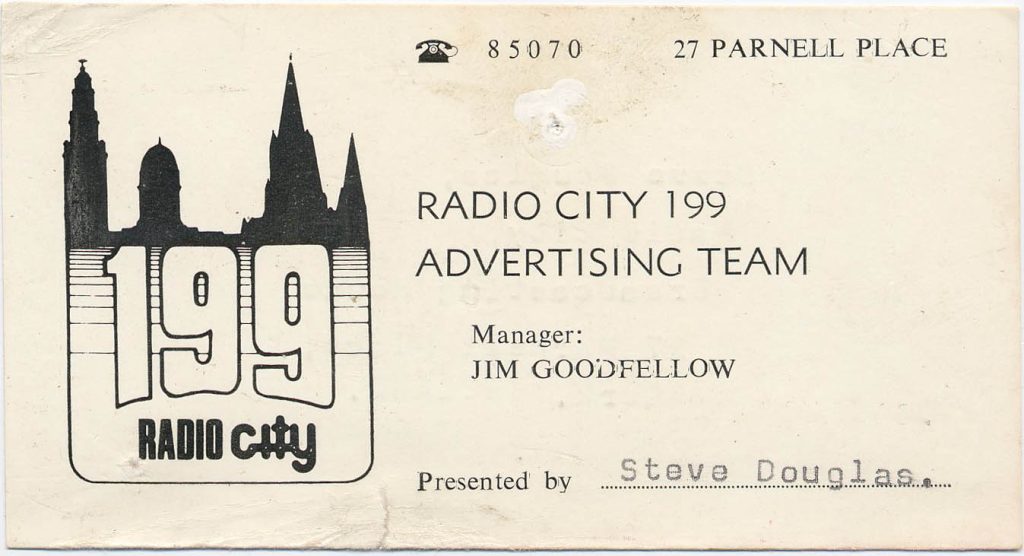
This is another recording of Alan Edwards on his regular Saturday early evening slot on Radio City from 1981. There are the usual requests and a mixture of contemporary hits and oldies. Plenty of adverts are heard, and news headlines are read by Alan himself. He is followed at 1900 by Luke Ward with the weekly Rock City Interviews show.
The partially airchecked recording was made between 1700-1900 on 25th April 1981 from 95.5 FM. Radio City also broadcast on 1512 kHz AM, announcing 199 metres. Thanks to Lilian O’Donoghue for the donation.

